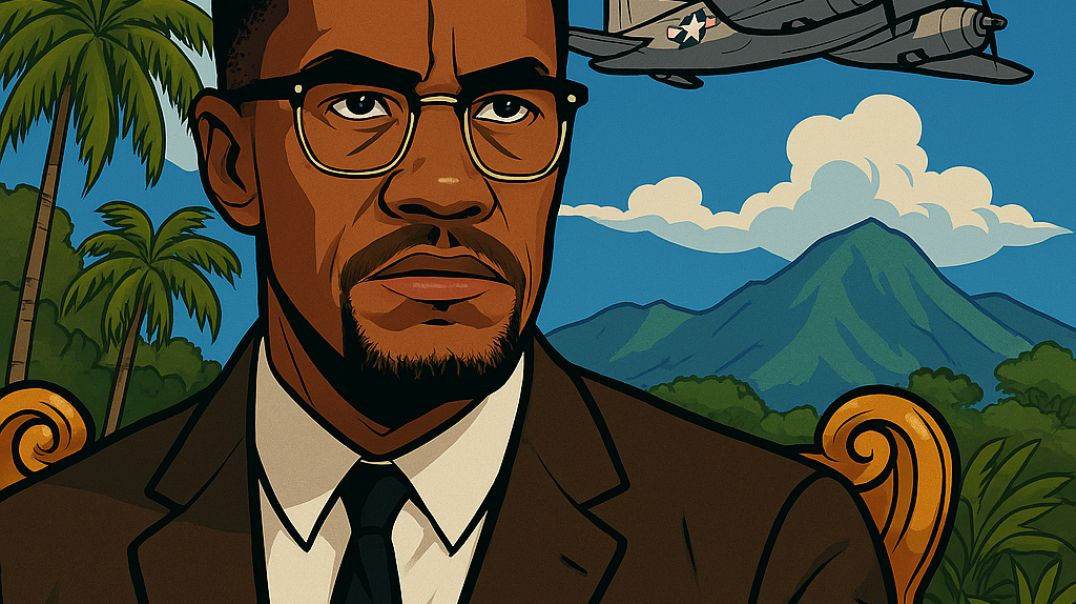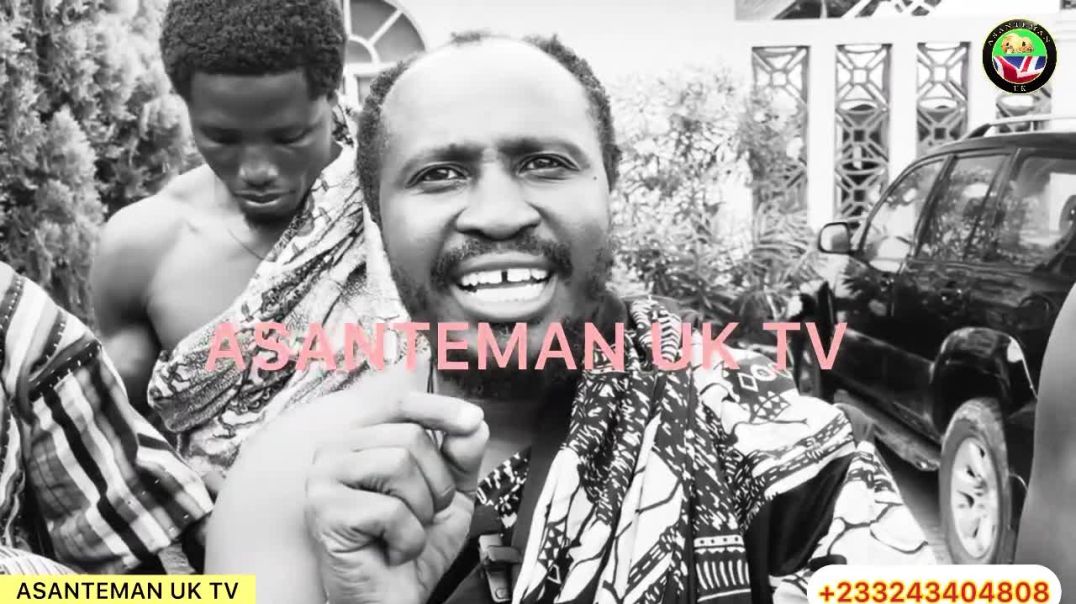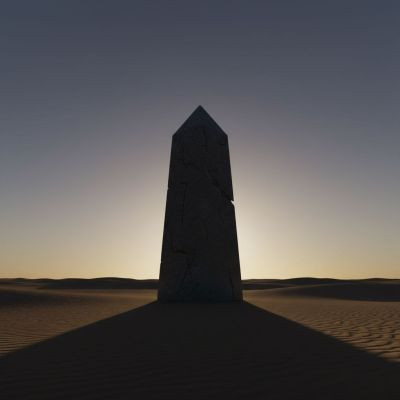
Please subscribe to watch this video.
- General Videos
- Music
- Economics
- Health
- Travel & Events
- History
- Psychology
- Spirituality
- Movies
- News & Politics
- Kmtyw Combat Sciences
- Ɔbenfo Ọbádélé Kambon Videos
- Ɔbenfoɔ Kamau Kambon: Black Liberation Philosophy
- Science, Tech, Engineering and Math
- Permaculture
- Self-Sustainability
- Living Off Grid
- Yoruba Language Learning
- Education
- Mmɔfra Adesua
- Nana Kamau Kambon Playlist
- Livestream
- Komplementarity Kouples and Revolutionary Singles
- Abibitumi Film Series
- Decade of Our Repatriation
- Live
Battle for Africa
In the 1960s most African countries gained their independence but more than six decades later they still experience political and economic pressure from the West. African current laws concerning resource extraction make it as easy as possible for private corporations to take resources out of the continent. And in most of the countries production licences that were issued by former colonial institutions are still in place. However, Africans’ growing awareness that they can form their own self-governance creates more freedom of choice for African countries, and makes them less dependent on the Europeans.
In 2022 Mali openly defied French neo-colonialism and forced the international coalition to withdraw troops from the country after decades of presence. ‘All of Africa is watching Mali right now. We are adjusting our course in Africa here in Mali. <...> I think we are gradually moving towards our sovereignty’, says painter and art history professor Oumar Kamara. He believes that European democracy doesn’t match African culture. ‘But in Russia, I realised that we were respected in Africa. They had a totally different policy and opinion concerning African countries. Neither the Soviet Union nor Russia ever colonised any African countries’, adds the scholar. Thus, in their battle for freedom, a growing number of Africans are willing to have closer ties with Russians, as they think Russia can give them security. What future awaits rapidly growing African society?





















